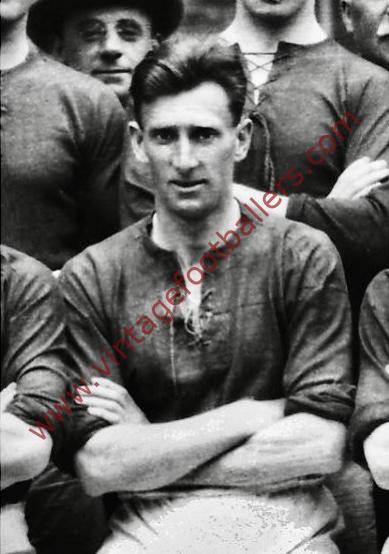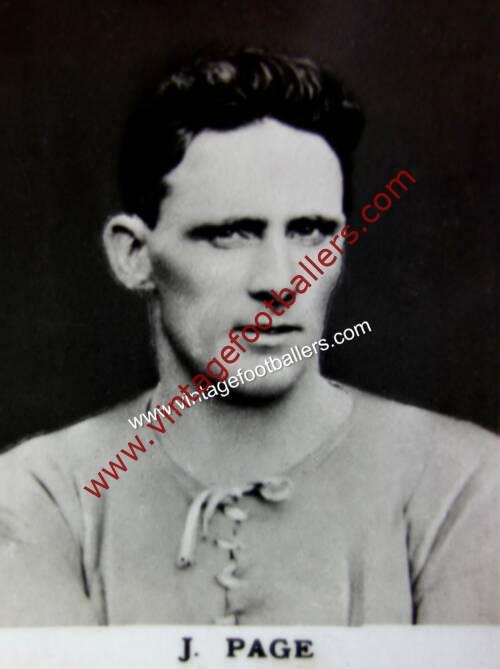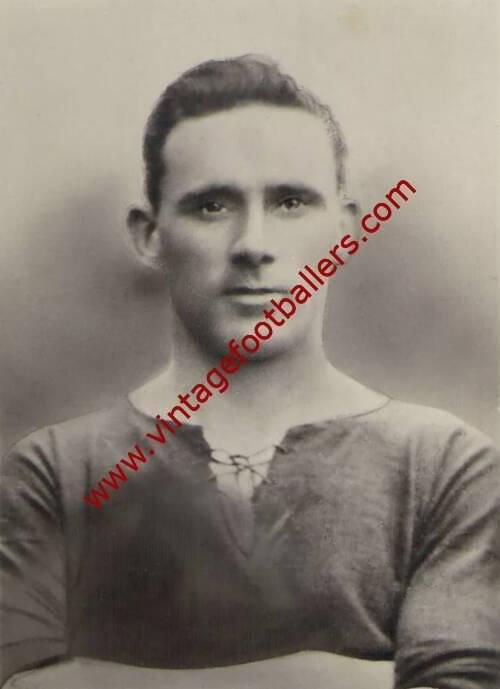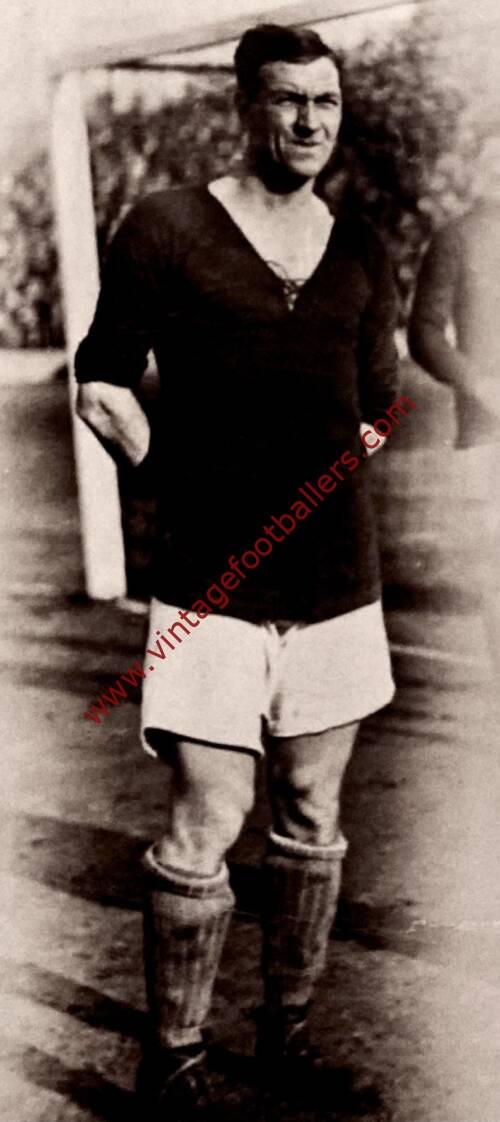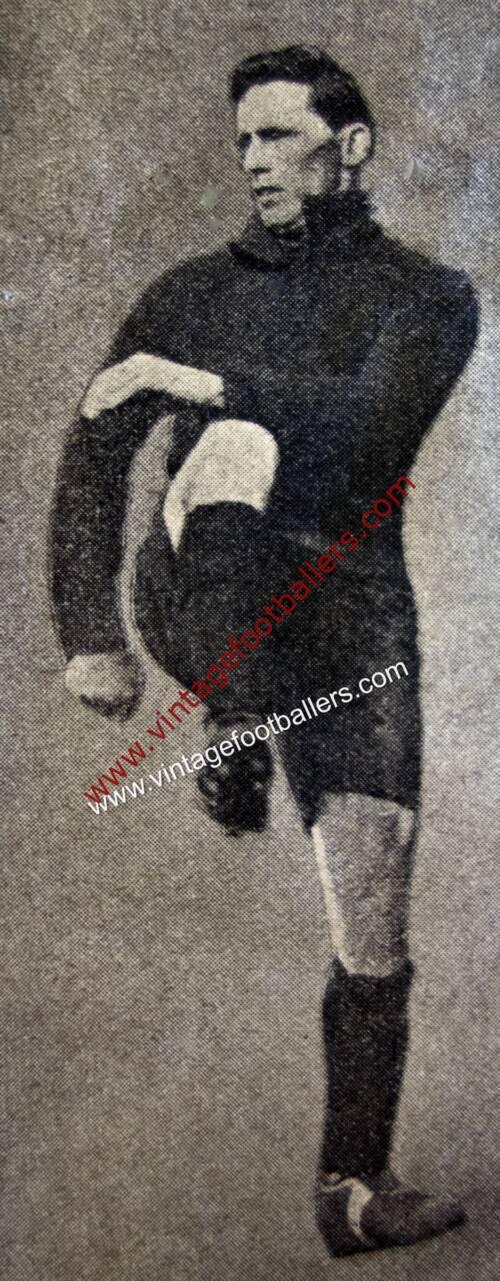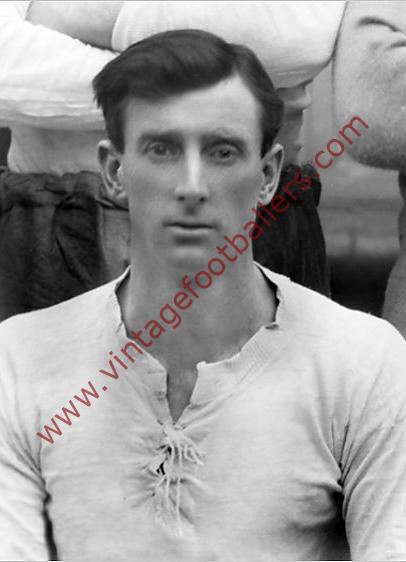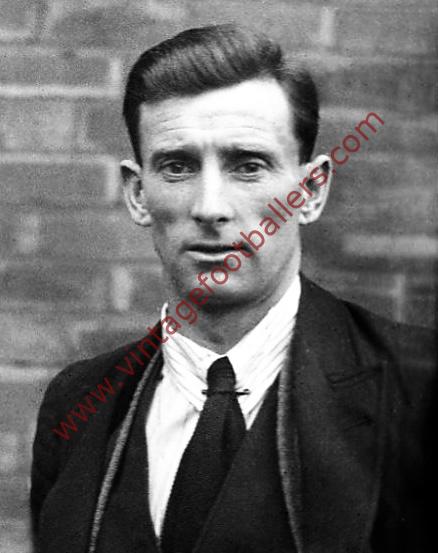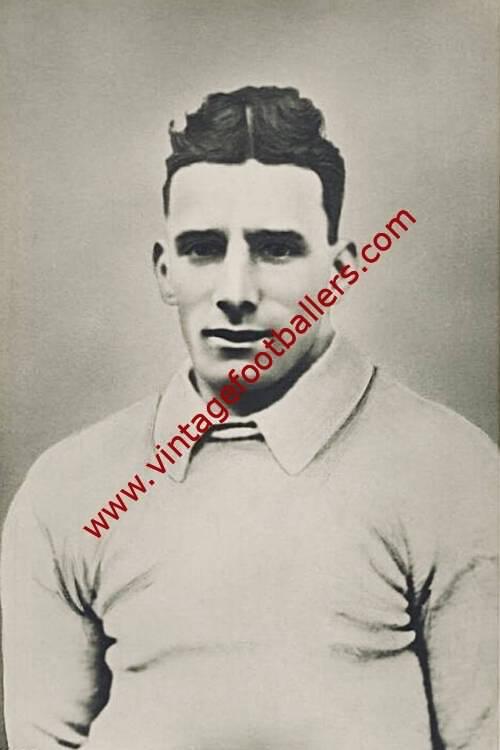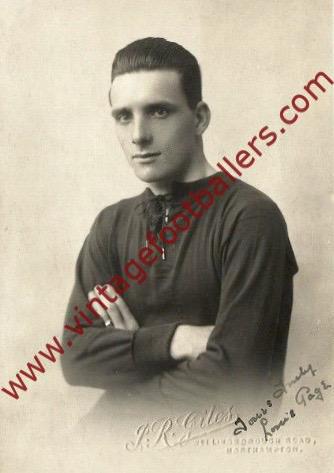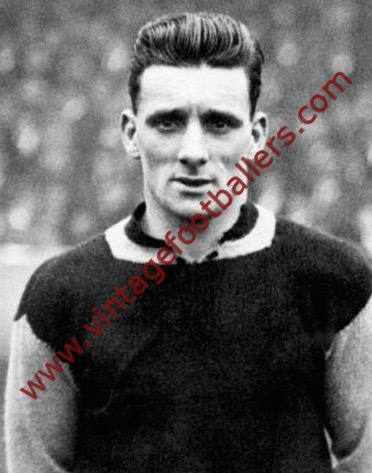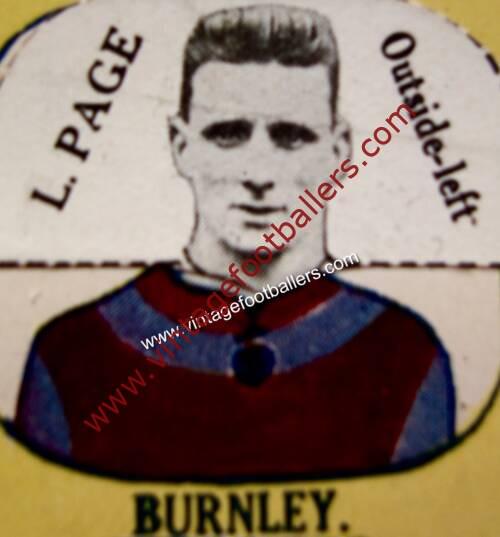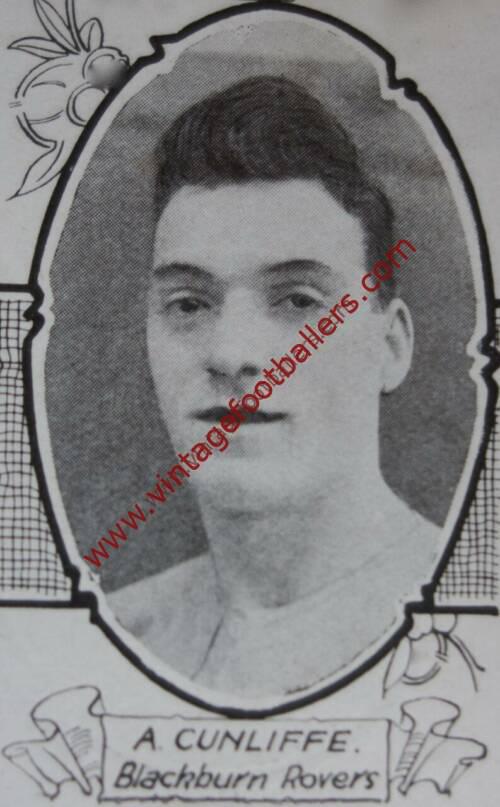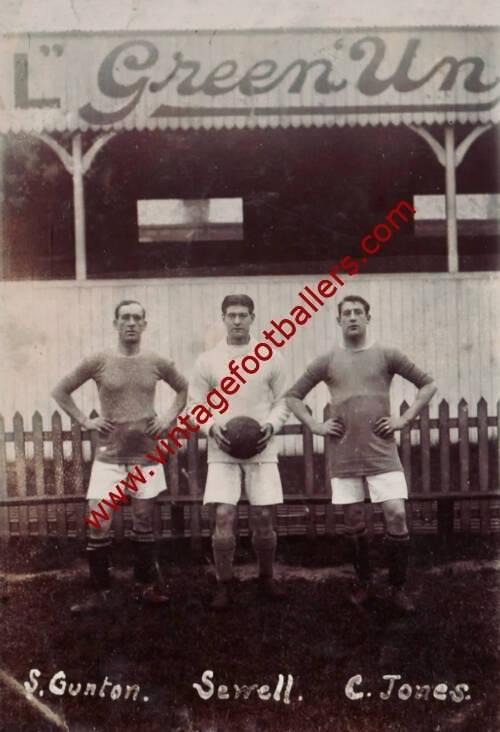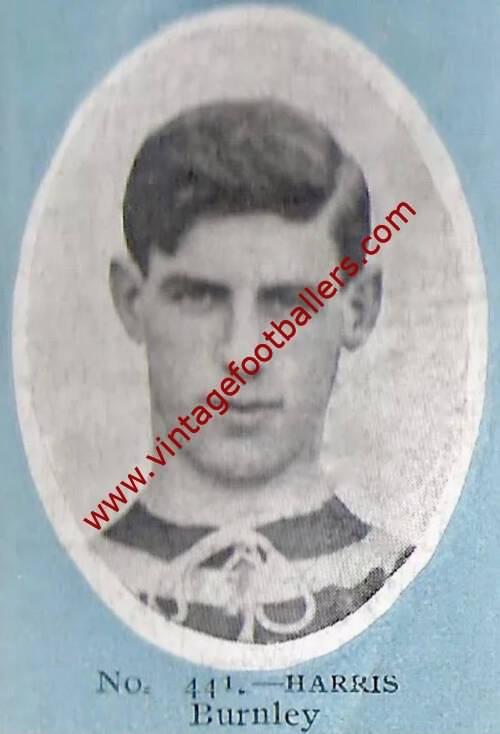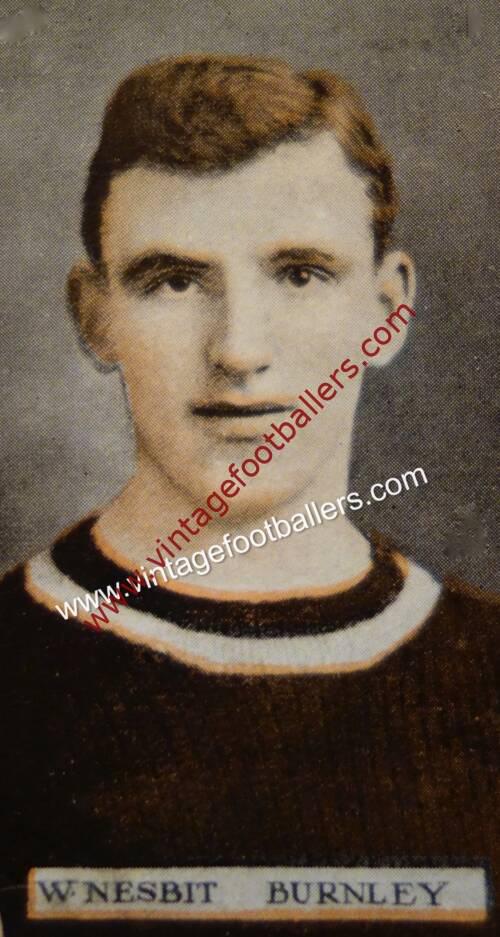Please choose your photo size from the drop down menu below.
If you wish your photo to be framed please select Yes.
Note: 16″x 20″not available in a frame.
Images can also be added to accessories. To order please follow these links
£8.95 – £49.95
Please choose your photo size from the drop down menu below.
If you wish your photo to be framed please select Yes.
Note: 16″x 20″not available in a frame.
Images can also be added to accessories. To order please follow these links
Birkdale, Southport born outside left Louis Page started his football career with Sudley Juniors and was on the books at Everton in 1917 during First World War, playing for South Liverpool in 1918, but joined Second Division club Stoke from South Liverpool in May 1919, making his Football League debut at Blackpool that September. He scored once in only 21 appearances for The Potters before joining Northampton Town in June 1922, but he barely missed a game during his three seasons with The Cobblers, scoring 26 goals in 129 appearances and impressing First Division club Burnley to sign him in May 1925 for a new club record fee and the exchange of a manager, with Jack Tresadern becoming the new Cobblers manager as part payment.
He finished as the club’s top scorer in 1925-26 with 26 goals, having missed only one match, and he wrote himself into the club’s record books on 10th April 1926, when he scored six goals for Burnley in a 7-1 win over Birmingham, in addition he scored a hat-trick in a Boxing Day win over Leeds United. He scored 15 goals in 1926-27 to again finish the club’s top scorer, as The Clarets achieved a top five finish. They dropped to 19th in 1927-28, two places and one point above the relegation zone with Page again the club’s second top scorer with 22 goals.
Page featured for England seven times in 1927, alongside England and Everton great Dixie Dean. Making his England debut at Wrexham in a 3-3 draw with Wales in February 1927, he played four British Home Championship games and three summer tour friendlies, and scored against Belgium on 1st May 1927, his goal came in the 63rd minute, in a 9-1 victory. His last cap was also against Wales that November. He also played once for The Football League.
Burnley again finished 19th in 1928-29, but were this time seven points above the drop zone. Burnley were relegated in 1929-30, having attained a lower goal average than Sheffield United. They then finished eighth in the Second Division in 1930-31 and 19th in 1931-32. He made 259 appearances, scoring 115 goals during his time at Turf Moor.
Page joined Walter Crickmer’s Second Division side Manchester United for a £1,000 fee in March 1932. He played nine games at the end of the 1931-32 season and three games at the start of the 1932-33 season, before falling out of favour under new secretary Scott Duncan and moving on to League rivals Port Vale in October 1932. He played 19 games in all competitions during the 1932-33 season scoring twice, falling out of favour in March 1933. He was not kept on at The Old Recreation Ground beyond the campaign, and so Page left the Football League to forge a career in management.
Page’s first managerial post was with Yeovil & Petters United in summer 1933, also being registered as a player. He finished as the club’s top scorer in 1933-34 with 23 goals. In the 1934-35 season, Yeovil topped both the Southern League West Section and Western League Division 1 tables. Page was appointed manager at Welsh club Newport County in 1935. The club finished 21st in the 22 team Third Division (South) in 1935-36, but successfully applied for re-election. Newport then moved up to 19th in the 1936-37 campaign, finishing two places and two points above the re-election zone. He left the club on 9th September 1937, a few games into the 1937-38 season; his successor, Billy McCandless, led the club to a 16th-place finish in the Third Division South. After leaving Newport he became trainer-coach at Glentoran in 1939-40, as The Glens finished third in the Irish League. He later served as manager of Liverpool-based Carlton F.C.
When League football resumed after the Second World War, he was appointed manager of Swindon Town. Page was forced to build a completely fresh team, and so Swindon’s fourth-place finish in the Third Division (South) in 1946-47 was seen as a highly respectable achievement. The Robins slumped to 16th place the following season, just two points off the bottom spot. They did though knock Burnley out of the FA Cup, before being beaten in the Fifth Round by Southampton. In 1948-49, Swindon again finished fourth, without ever challenging for the promotion spot. Swindon then finished 14th in 1949-50, 17th in 1950-51, 16th in 1951-52, and 18th in 1952-53. Page always had to deal with a shoestring budget at The County Ground, and was forced to sell many of his top players. Page was relieved of his duties at the end of the 1952-53 season, and was handed £500 in compensation. He became manager of Chester in 1953. The Seals finished bottom of the Third Division (North) in 1953-54. The Sealand Road outfit again finished last in 1954-55, before rising to 17th in 1955-56. He later worked as a scout for Leicester City.
His older brothers Jack played for Rochdale, Everton, Cardiff, and Merthyr, Tom played for among others Rochdale, Everton and Port Vale, and Willie played with Louis at Northampton Town.
NB This image was taken before England beat Scotland 2-1 at Hampden Park on 2nd April 1927.
| Weight | N/A |
|---|
